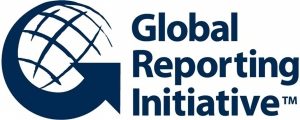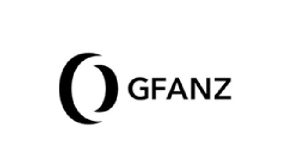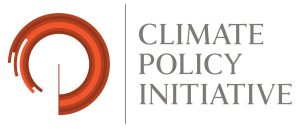Recommendations for Nature-related Reporting Framework
The United Nations Environment Programme Finance Initiative (UNEP FI) releases recommendations for nature-related reporting framework, aimed at summarizing the implementation challenges of nature-related reporting methods.
The recommendations for nature-related reporting framework are proposed by UNEP FI to the G20 Sustainable Finance Working Group, in order to achieve natural economic growth.
Related Post: UNEP FI Releases Recommendations for Financing Nature-based Solutions

Background of Nature-related Reporting Framework
Natural risks can affect developed, developing, and emerging market economies, with biodiversity loss and ecosystem destruction potentially causing global economic losses exceeding $5 trillion. Natural risks often coexist with multiple factors such as the environment and society, forming a complex risk network. However, the impact of these risks has not yet been fully reflected in the financial market.
Over the past three years, progress has been made in nature-related reporting frameworks, such as the development of LEAP methods for locating, evaluating, assessing, and preparing by the Taskforce on Nature related Financial Disclosures, and the release of assessment tools by the Science Based Targets Network to support sustainable information disclosure requirements issued by global regulatory agencies.
Comparison of Natural-related Reporting Frameworks
The UNEP FI compared seven commonly used nature related reporting frameworks globally, analyzed the key terms, methodologies, and framework components, and obtained the following results:
- Definition of materiality: Different frameworks have different definitions of materiality, with some focusing on a single financial materiality, such as the International Sustainability Standards Board standards. Some focus on a single environmental substance, such as the Global Reporting Initiative standards. Some also focus on both financial and environmental substance, such as the European Sustainability Reporting Standards.
- Coverage of realms: Most frameworks include both terrestrial and freshwater domains, with less consideration given to the marine domain.
- Coverage of sectors: Most frameworks aim to cover all industries, but the expected level of information disclosure varies.
- Coverage of value chains: Most frameworks include the scope of the enterprise and its upstream and downstream value chains.
- Location information requirements: All frameworks require companies to disclose location information.
- Nature-related impacts: All frameworks prioritize nature-related impacts as the core of their reports.
- Nature-related dependencies: Most frameworks require disclosure of the business’s dependence on nature.
- Nature-related risks and opportunities: All frameworks adopt similar definitions of nature-related risks and opportunities.
- Disclosure metrics: All frameworks encourage companies to incorporate quantitative disclosure metrics alongside qualitative disclosures.
- Targets: Most frameworks require companies to set goals and regularly report progress on these goals.
- Engagement with rights holders and relevant stakeholders: Some frameworks, such as TNFD, have developed detailed guidance to encourage businesses to engage with stakeholders.
Policy Recommendations for Nature-related Reporting Framework
Based on the above research, UNEP FI has put forward some recommendations to support the availability of nature-related information disclosure, including:
- Encourage companies to adopt information disclosure methods consistent with the Global Biodiversity Framework: Companies should adopt information disclosure methods consistent with the Global Biodiversity Framework, covering natural impacts, dependencies, risks, and opportunities, in order to enhance interoperability of information disclosure.
- Support the adoption of flexible materiality methods in different countries and regions: companies can consider combining financial materiality and impact materiality, while disclosing according to the characteristics of different countries and regions.
- Support the assessment and reporting of natural issues by small and medium-sized enterprises in emerging markets and developing economies: Small and medium-sized enterprises often face high information disclosure costs, so appropriate natural reporting frameworks should be established to reduce the burden of information collection and disclosure.
- Encourage interoperability between the natural reporting frameworks of small and medium-sized enterprises and financial institutions: Interoperability between the reporting frameworks of small and medium-sized enterprises and financial institutions can help both parties complete natural related financing business and reduce compliance costs.
Reference:
G20 Recommendations: Advancing a Nature-Positive Economy and Just Transition





